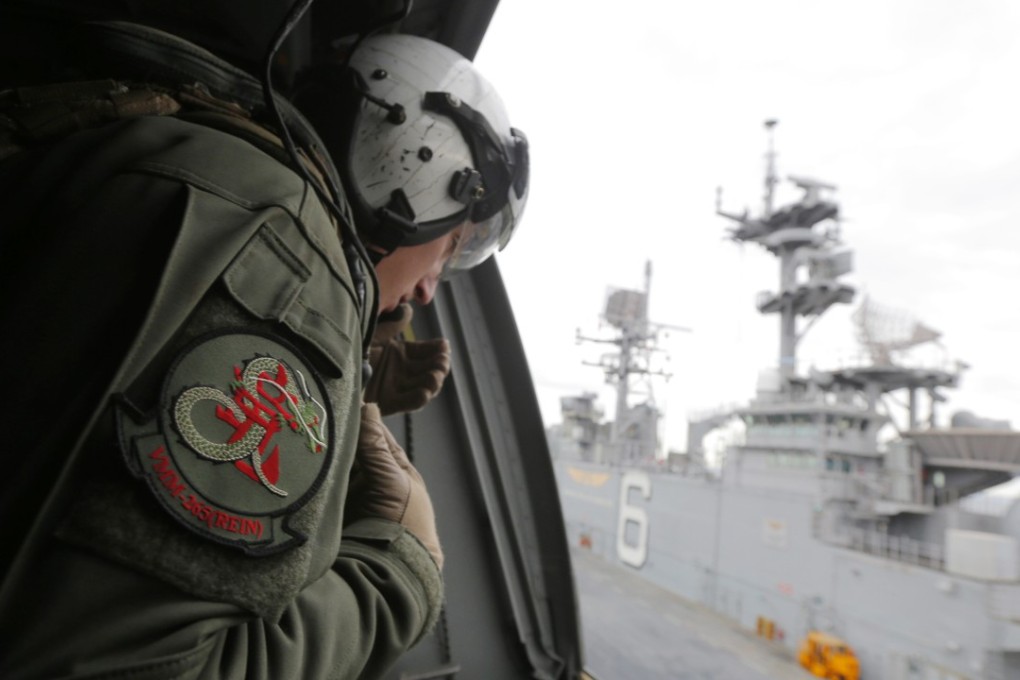China has the right to protect its interests
Criticism by Australia of a PLA Navy ship’s monitoring of military exercises off its coast smacks of hypocrisy. The world should the understand the reality that China is building up military power to defend its interests

Hypocritical criticism by Australian defence officials of the monitoring of a joint US-Australian military exercise by a Chinese spy ship from within Australia’s exclusive economic zone (EEZ) has prompted a correction and clarification from the foreign minister, Julie Bishop. She said the government “didn’t see it that way” – as “unfriendly” and “provocative” as the officials had put it. “China is entitled to have its vessels navigate international waters, just as Australia is entitled to navigate in international waters”, she said.
This, of course, avoids inconsistency with Australia’s support for the US’ so-called freedom-of-navigation sailings and overflights in the South and East China seas, although China would not see them as comparable. Indeed, Beijing and Washington clashed this week over the interception of an American surveillance flight over the East China Sea by two Chinese fighter jets.
The critical comments by the officials reek of hypocrisy, assuming that Australia and the US gather intelligence by similar means. Also distancing the government from them, the Australian defence department said the presence of the spy ship had not detracted from the objectives of the joint exercise, involving more than 30,000 defence personnel, and reiterated that Australia respected the rights of all states to exercise freedom of navigation in international waters in accordance with international law.
The dispatch of the 6,000-tonne People’s Liberation Army Navy spy ship Haiwingxing to gather intelligence offshore may be legal under the UN Convention on the Law of the Sea. But it has sparked a lot of debate for being the first time it was operating off the Australian coast and because China is known to warn off other countries’ planes and ships in the South China Sea, even if they are not in claimed Chinese territorial waters, and objects to what it calls “close-in” surveillance” by the US Navy within China’s EEZ.
The Haiwingxing’s mission is part of normal operations of major navies, which the PLA Navy is surely becoming. It also reflects the PLA Navy’s increasing broad reach. Given China’s need for operational access to the world’s seas and oceans, it remains to be seen how this plays out in mutual tolerance of “close in” foreign military activities.